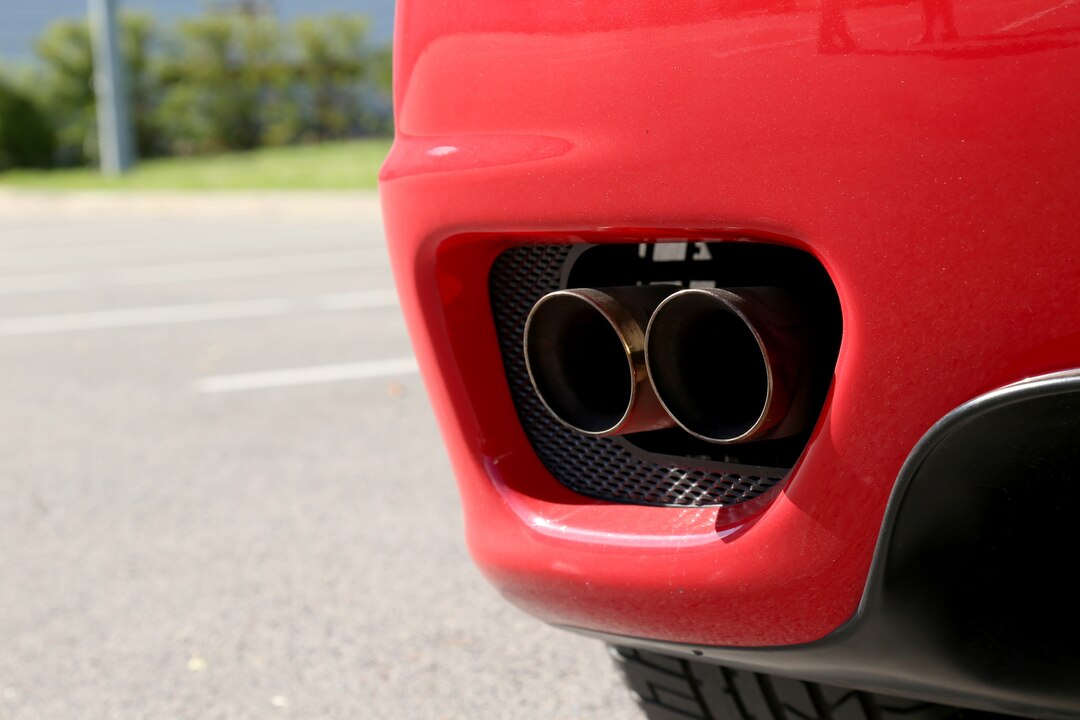Your car’s muffler plays a crucial role in reducing noise levels and directing exhaust gases away from the vehicle. Over time, wear and tear can take a toll on your muffler, leading to issues that affect your vehicle’s performance, fuel efficiency, and even safety. Ignoring signs of a failing muffler can result in costly repairs down the line and may even pose a risk to your health and well-being. In this article, we’ll discuss 10 signs that indicate your car muffler needs replacement, so you can address the issue before it escalates into a more significant problem.
1. Loud Exhaust Noise
Perhaps the most obvious sign that your muffler needs replacement is an increase in exhaust noise. If you notice that your vehicle’s exhaust system is louder than usual, especially during acceleration or deceleration, it could indicate a leak or damage to the muffler.
2. Rattling or Hissing Sounds
Rattling or hissing sounds coming from the exhaust system can also be indicative of a problem with the muffler. These noises may suggest loose or damaged components within the muffler that require attention.
3. Decreased Fuel Efficiency
A failing muffler can cause your vehicle’s fuel efficiency to decrease, as it disrupts the proper flow of exhaust gases. If you find yourself making more frequent trips to the gas station or notice a significant drop in your mileage, it could be a sign that your muffler needs replacement.
4. Visible Rust or Corrosion
Inspecting your muffler for signs of rust or corrosion is essential for identifying potential issues before they escalate. Rust can weaken the structure of the muffler and lead to leaks or holes that compromise its effectiveness.
5. Exhaust Fumes Inside the Cabin
A malfunctioning muffler can allow exhaust fumes to enter the cabin of your vehicle, posing a health risk to you and your passengers. If you notice a strong smell of exhaust inside the car, it’s crucial to have your muffler inspected immediately.
6. Vibrations or Shaking
Excessive vibrations or shaking felt through the steering wheel, pedals, or floorboards can be indicative of a problem with the exhaust system, including the muffler. These symptoms may suggest loose or damaged components that require attention.
7. Reduced Engine Performance
A failing muffler can impact your vehicle’s engine performance, leading to sluggish acceleration, decreased power, or difficulty starting the engine. If you experience any of these issues, it’s essential to have your muffler inspected by a qualified mechanic.
8. Failed Emissions Test
If your vehicle fails an emissions test, it could be due to a malfunctioning muffler or exhaust system. Issues such as excessive emissions or unusual exhaust readings may indicate a problem that requires immediate attention.
9. Visible Damage or Deterioration
Inspecting your muffler for visible signs of damage or deterioration is crucial for identifying potential issues. Look for dents, cracks, holes, or other signs of wear and tear that could compromise the integrity of the muffler.
10. Dragging or Hanging Muffler
If you notice your muffler dragging on the ground or hanging loosely from the exhaust system, it’s a clear indication that it needs immediate attention. Driving with a damaged or detached muffler can cause further damage to your vehicle and pose a safety hazard to other motorists.
Your car’s muffler plays a vital role in reducing noise levels, directing exhaust gases away from the vehicle, and maintaining engine performance. Recognizing the signs of a failing muffler is essential for addressing issues before they escalate into more significant problems. If you notice any of the signs mentioned above, it’s crucial to have your muffler inspected by a qualified mechanic and replaced if necessary. By taking proactive steps to address muffler issues, you can ensure your vehicle operates safely, efficiently, and quietly on the road.











